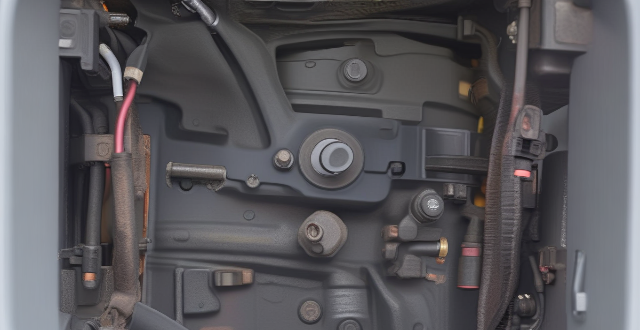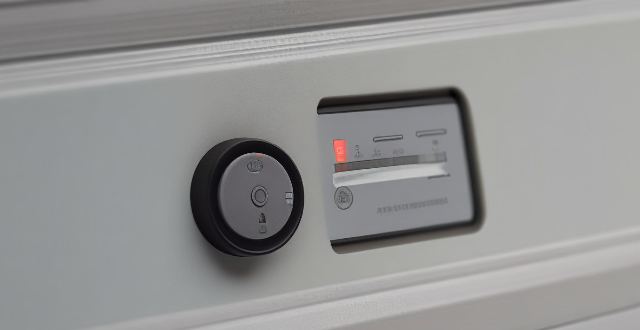Esc Open

How much does an electronic speed controller cost ?
The cost of an electronic speed controller (ESC) varies depending on brand, type, and features. Popular brands include Hobbywing, Tattu, and SimonK, with prices ranging from $5 to over $100. Brushed ESCs are generally less expensive than brushless ESCs, while more features like higher current ratings and advanced programming options can increase the price. It's important to consider your specific needs and budget when choosing an ESC.

How do I install an electronic speed controller in my vehicle ?
An Electronic Speed Controller (ESC) is a device that regulates the speed of an electric motor. It is commonly used in RC cars, drones, and other electronic devices to maintain consistent speed and improve performance. In the context of vehicles, an ESC can be used to control the speed of electric motors in electric or hybrid cars. Installing an ESC in your vehicle involves several steps, which may vary depending on the specific model and make of your vehicle. Here's a general guide to get you started: 1. Choose the right ESC for your vehicle. 2. Disconnect the battery before working on any electrical system in your vehicle. 3. Remove the old controller (if applicable). 4. Mount the ESC in a suitable location within your vehicle. 5. Connect wires and motor according to the manufacturer's instructions. 6. Reconnect the battery and test the system. There are several reasons why you might want to install an ESC in your vehicle, including improved performance, better control, and additional safety features such as overcurrent protection. When installing an ESC, it's important to follow the manufacturer's instructions, wear protective gear, and seek professional assistance if needed.

Can an electronic speed controller be used in a car engine ?
The question of whether an electronic speed controller (ESC) can be used in a car engine depends on the type of engine. In traditional internal combustion engines (ICE), which use gasoline or diesel as fuel, an ESC cannot be used because these engines rely on mechanical systems for speed control. However, in electric cars, which use electric motors as their primary source of propulsion, an ESC is essential for controlling the speed of the motor and protecting it from damage. Therefore, while an ESC cannot be used in ICE vehicles, it plays a crucial role in electric vehicles.

How does an electronic speed controller work ?
An electronic speed controller (ESC) regulates the speed of an electric motor by controlling the electrical power sent to it. It receives a signal, typically a pulse-width modulation (PWM) signal, which it interprets as a desired speed for the motor. The ESC then converts this low-power signal into a high-power electrical current that can drive the motor. By adjusting the duty cycle of the PWM signal, the ESC controls the motor's speed and torque. It also includes features such as overcurrent protection and cooling to ensure reliable operation. Some ESCs even have a feedback loop to monitor the actual speed of the motor and adjust the power output accordingly.

What is an electronic speed controller ?
The text provides an overview of electronic speed controllers (ESCs), which are devices used to regulate the power sent to motors in model aircraft and drones. It describes key features such as adjustable throttle, battery protection, signal modulation, and failsafe functionality. The process by which ESCs work is outlined: receiving a signal from the radio transmitter, decoding it into a throttle setting, controlling motor speed based on this setting, and providing feedback to the pilot. Two types of ESCs are mentioned: brushed and brushless, with the latter being more complex and expensive. The text concludes that ESCs are crucial for precise control over motor speed and aircraft performance.

What are the benefits of using an electronic speed controller ?
Benefits of Using an Electronic Speed Controller An electronic speed controller (ESC) regulates the speed of electric motors by controlling the amount of electrical power delivered to them. It is a crucial component in many electronic devices, particularly in the field of robotics and drones. The benefits of using an ESC include precision control over the motor's speed, increased efficiency by reducing energy consumption, improved safety by preventing damage to components, enhanced performance by allowing for more precise control over the motor's speed, and reduced maintenance costs. These benefits make ESCs essential components in many electronic devices and systems.